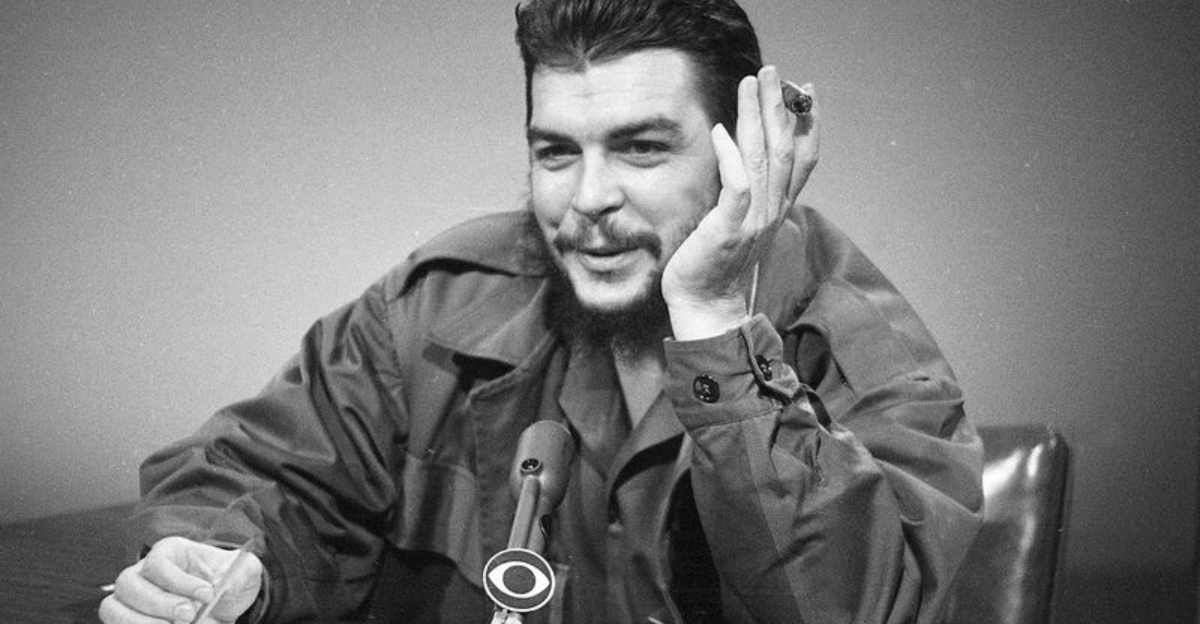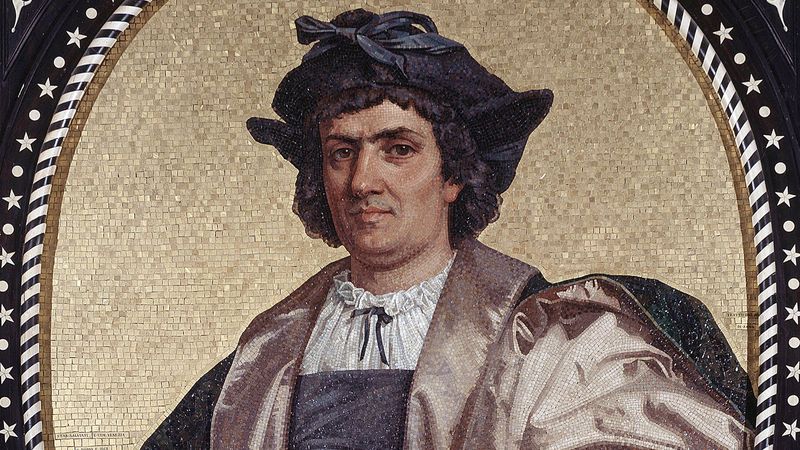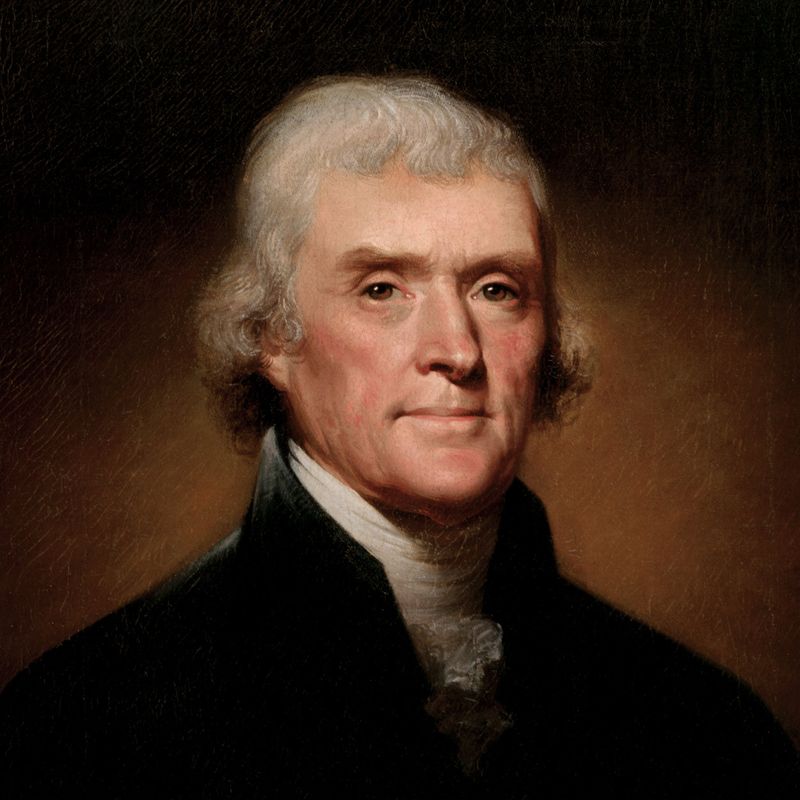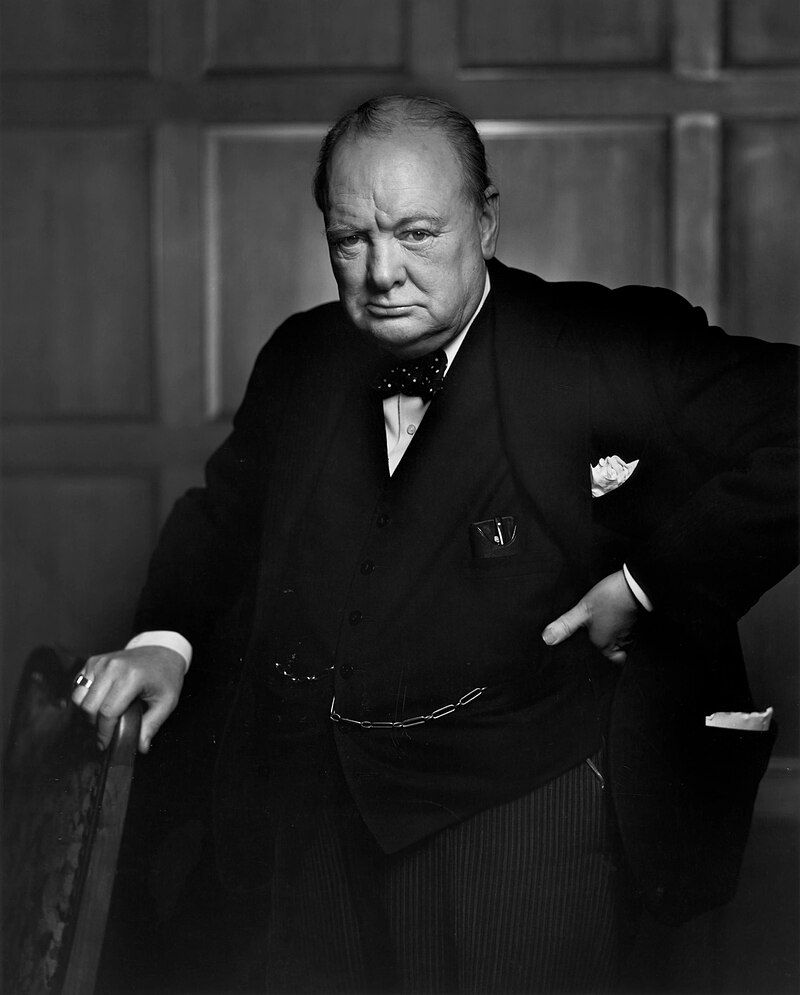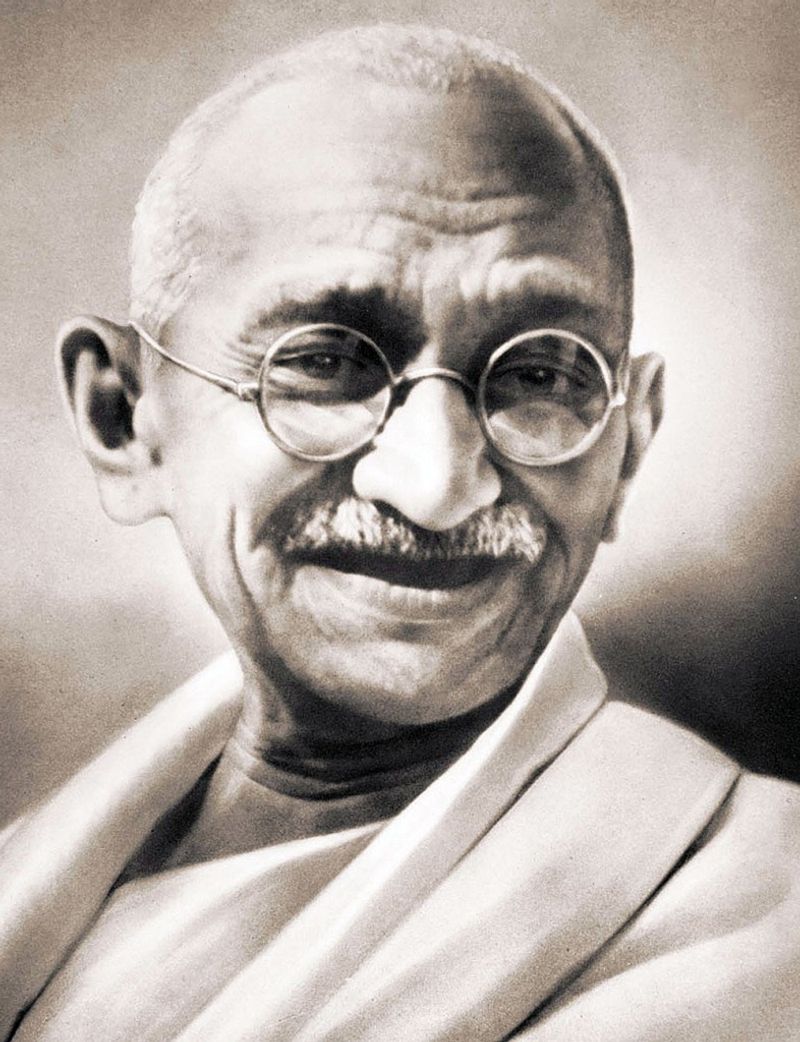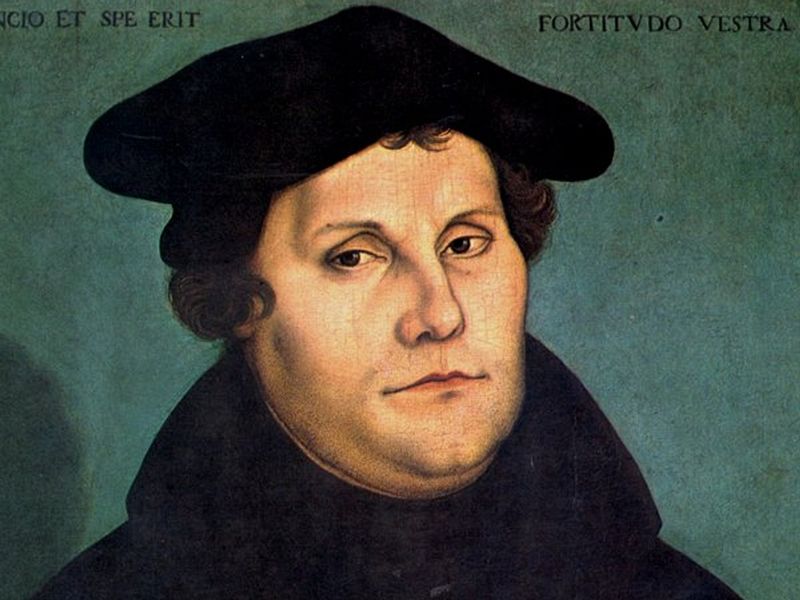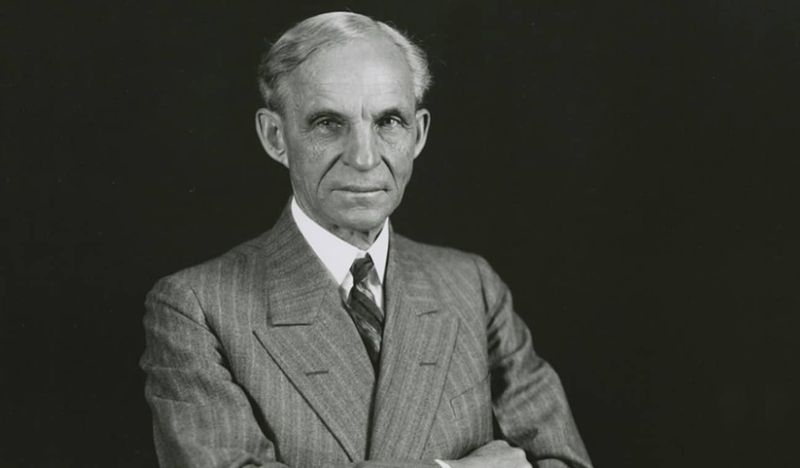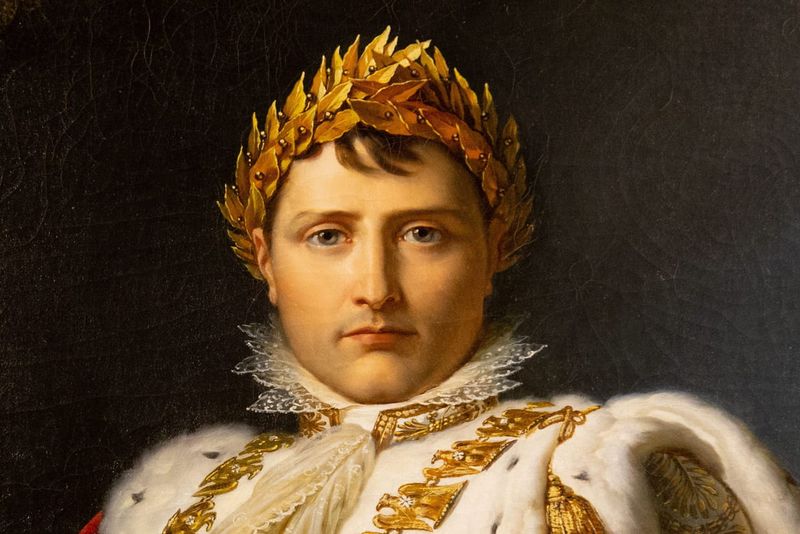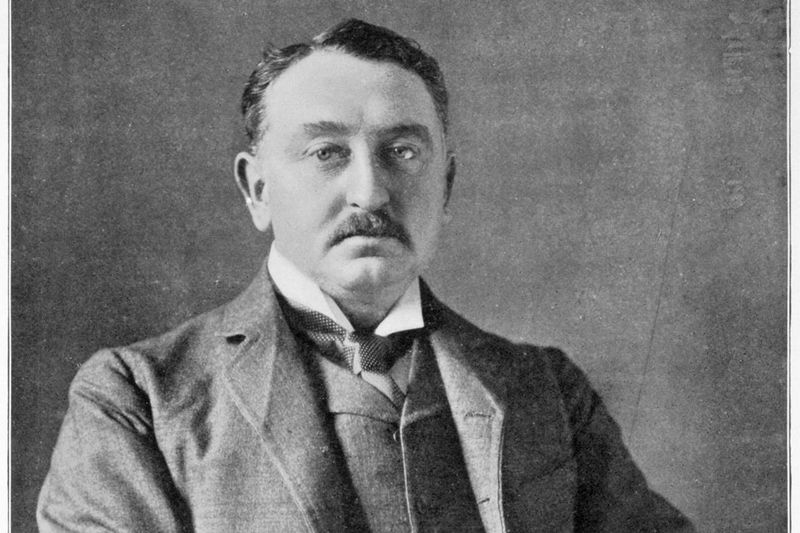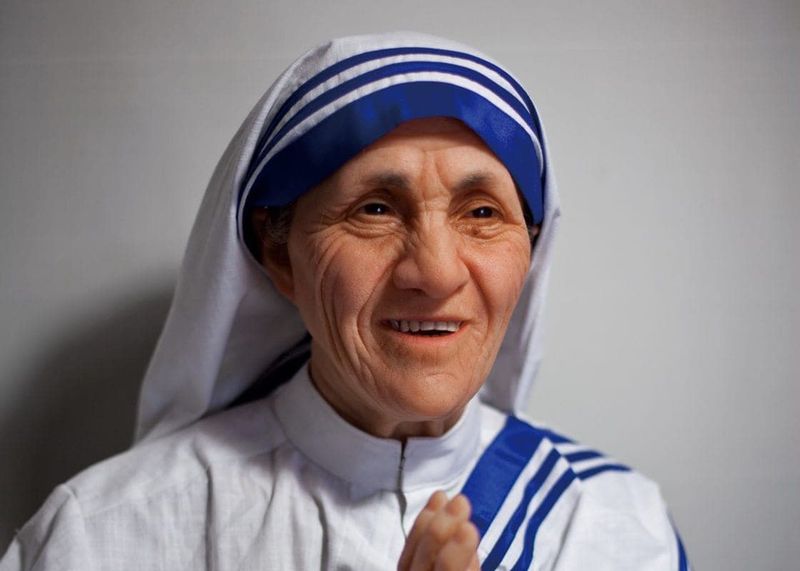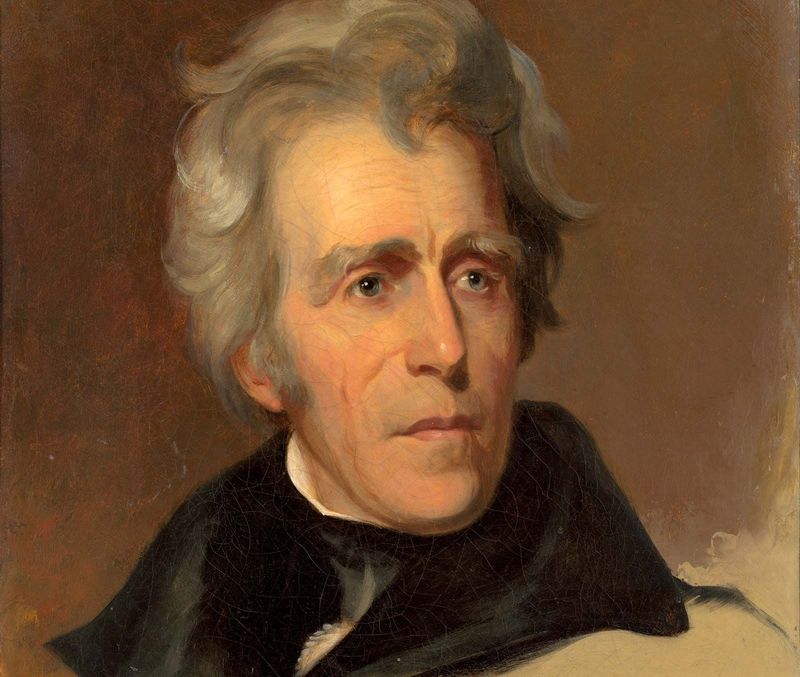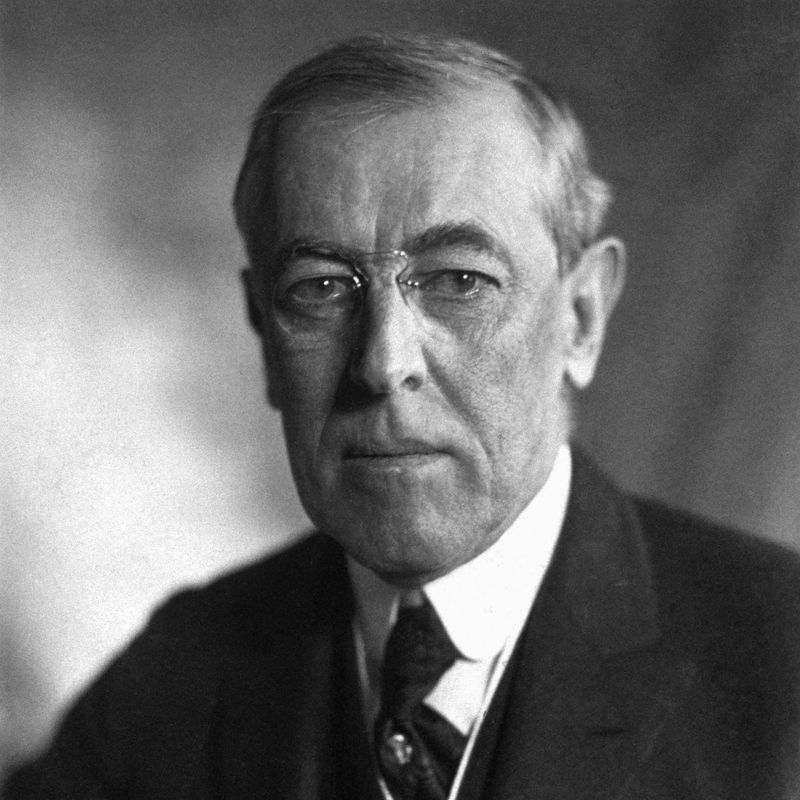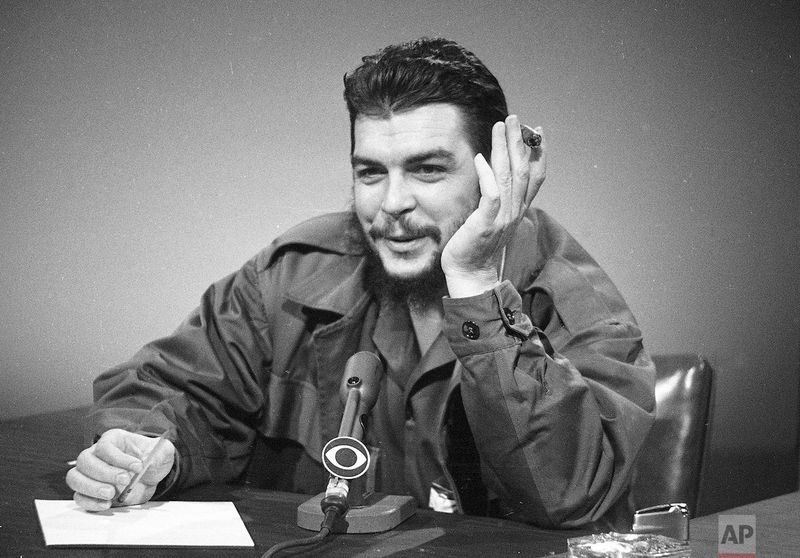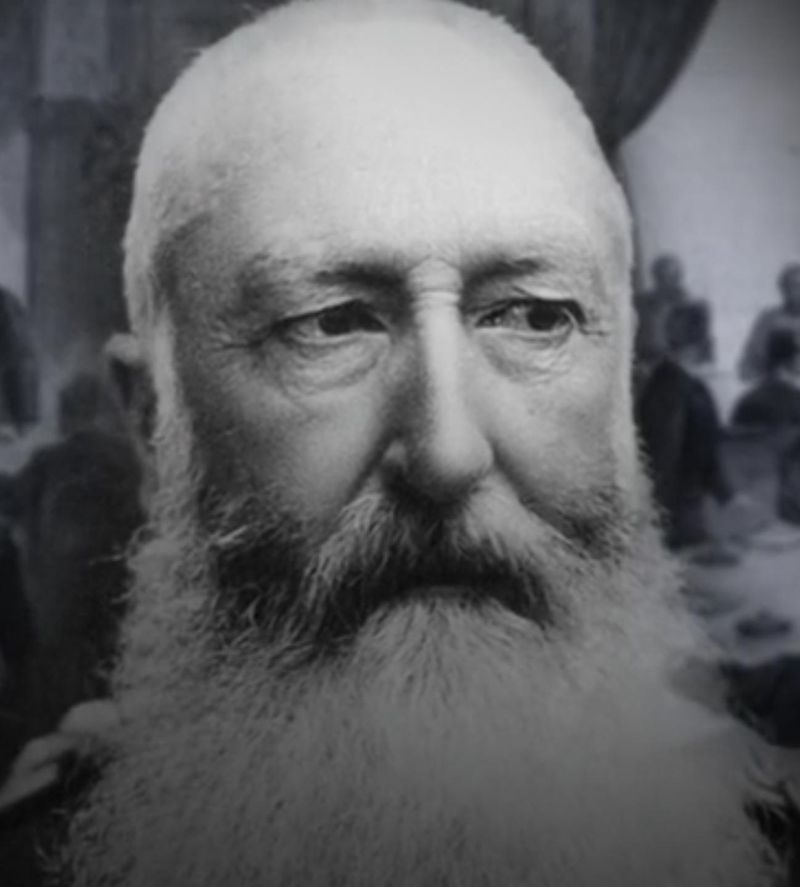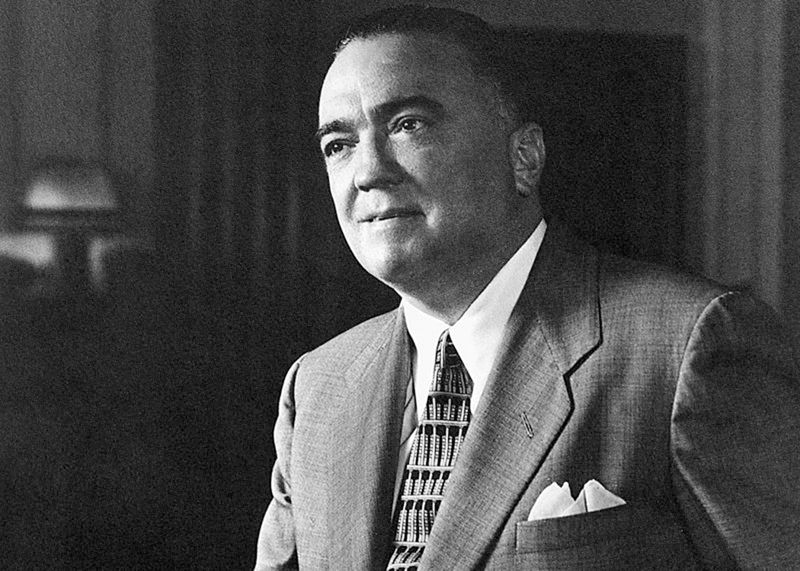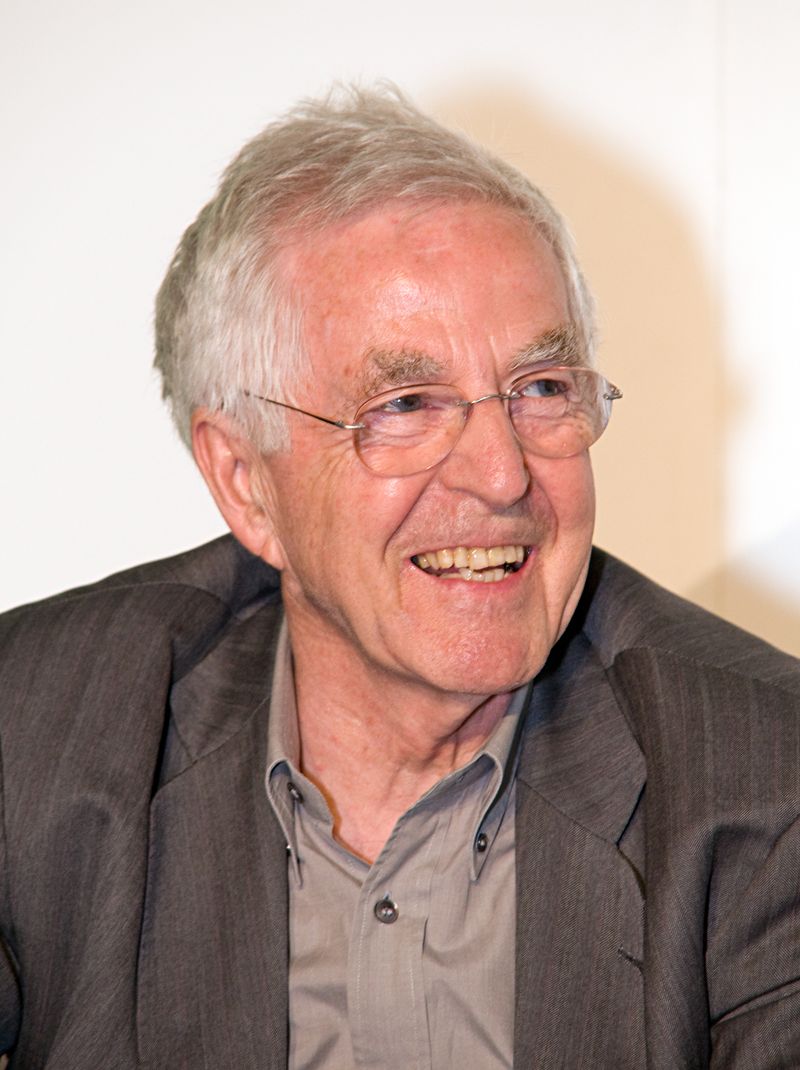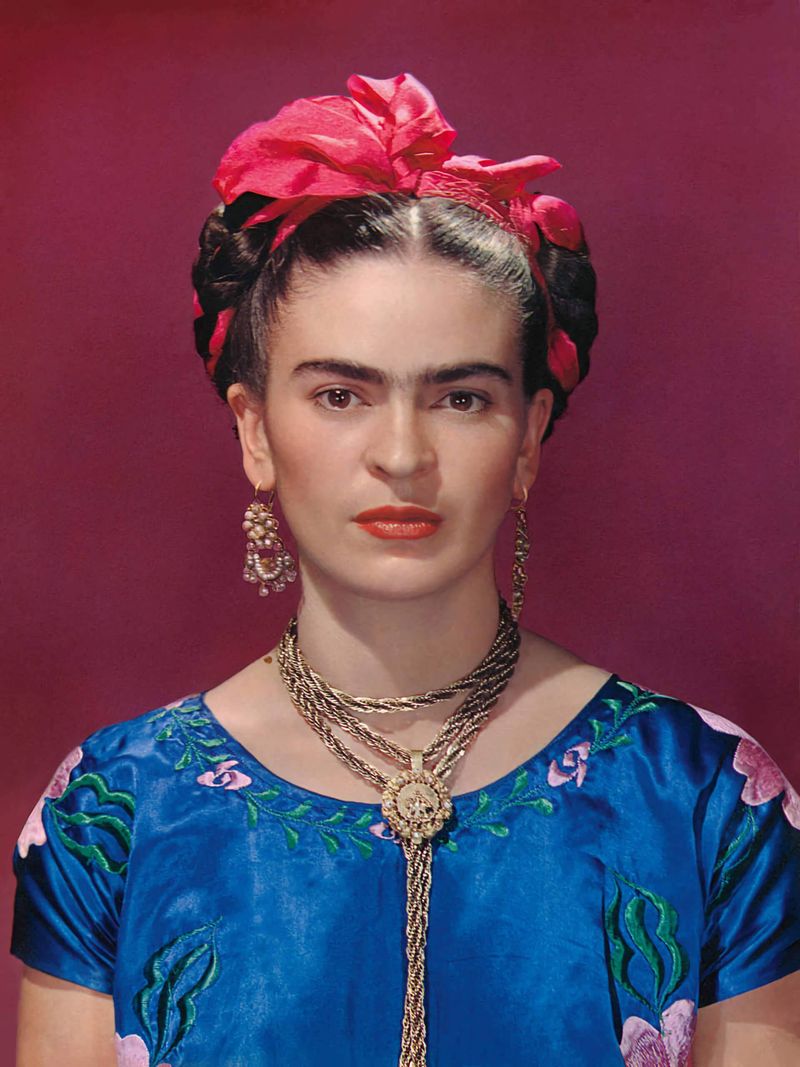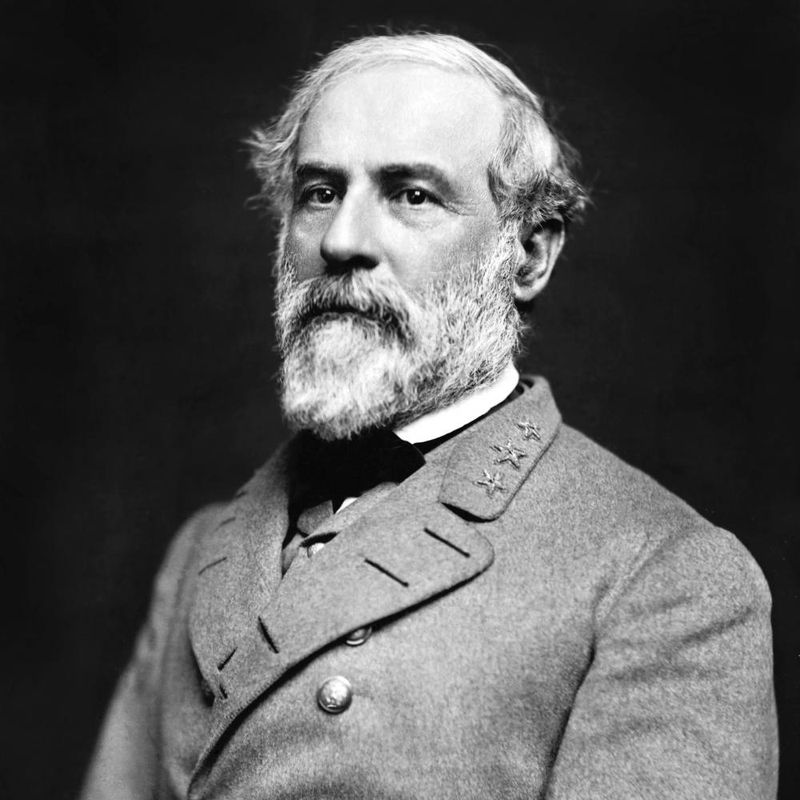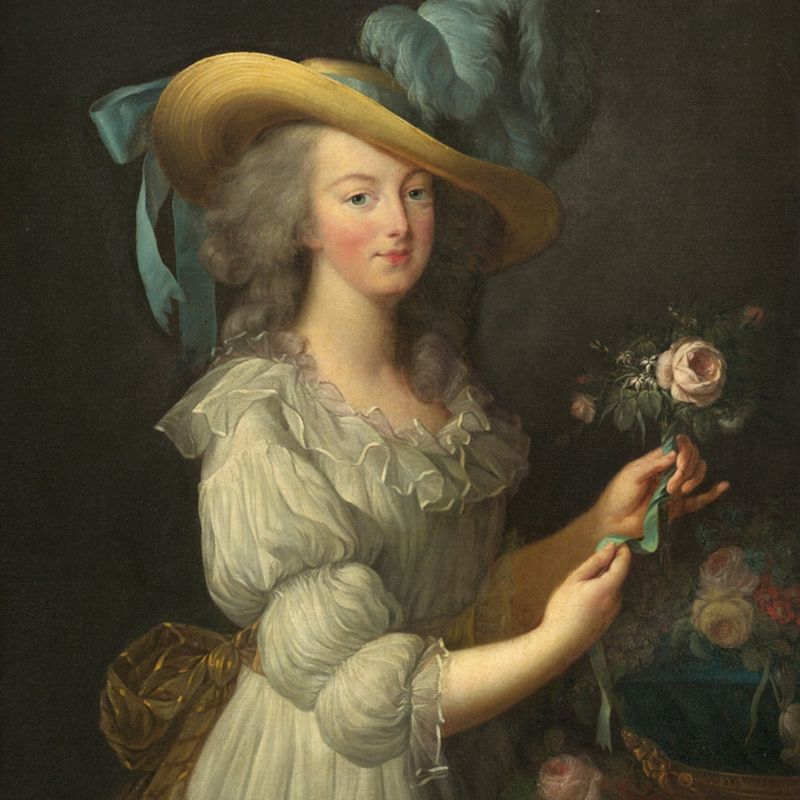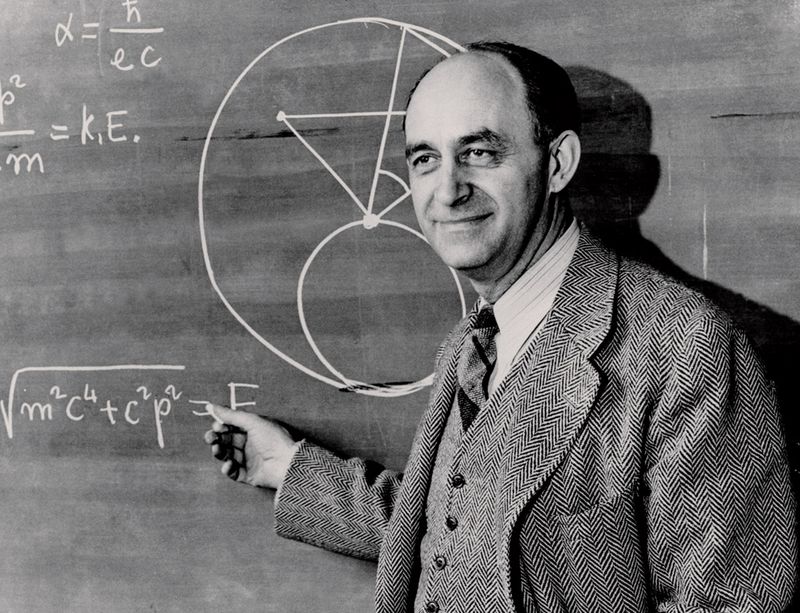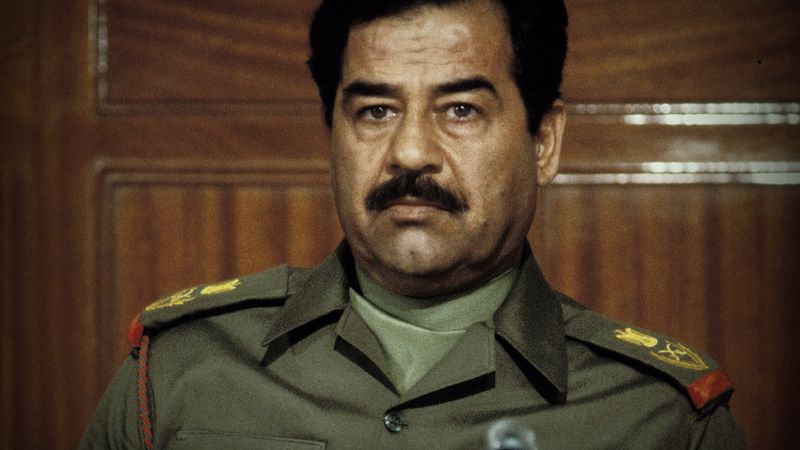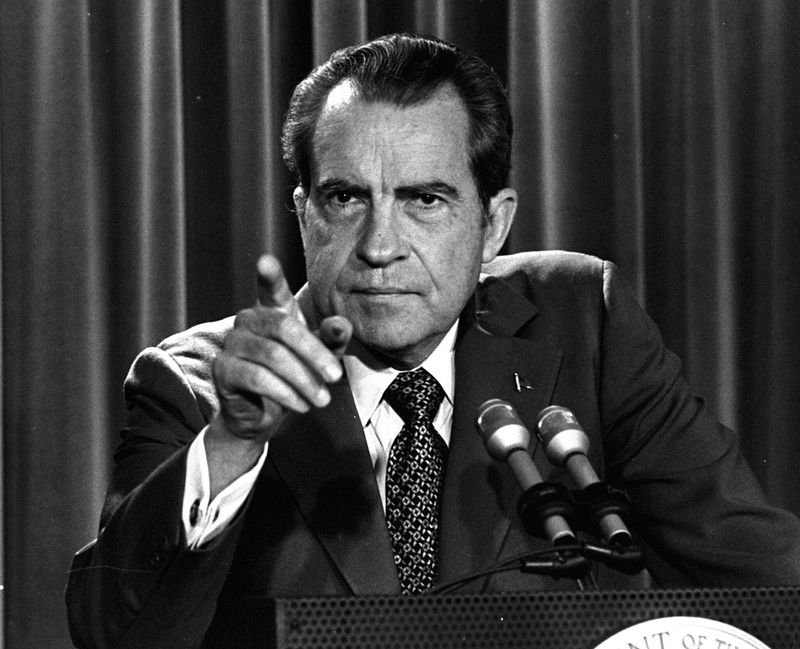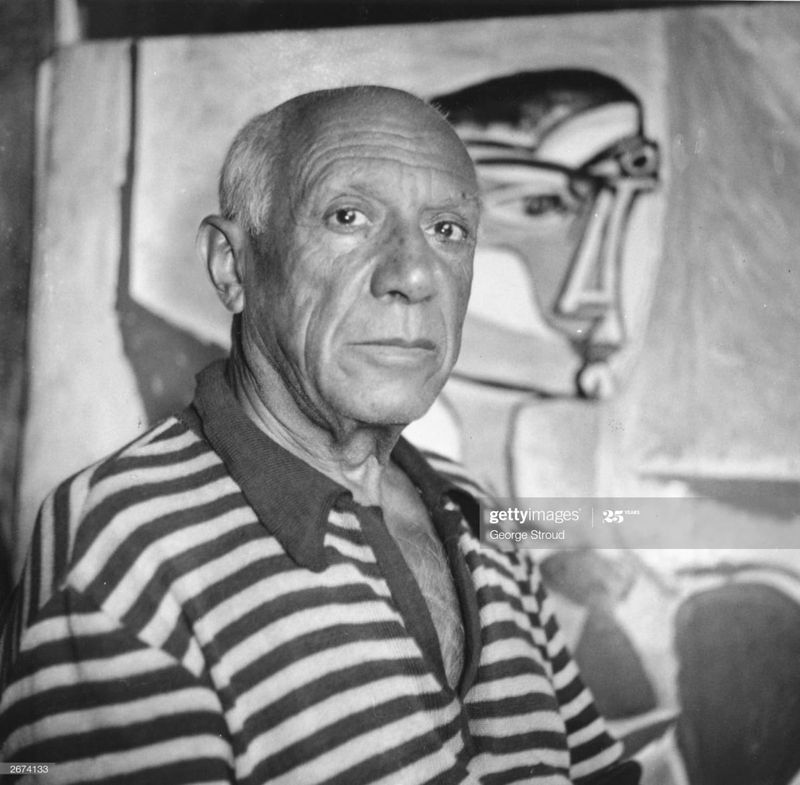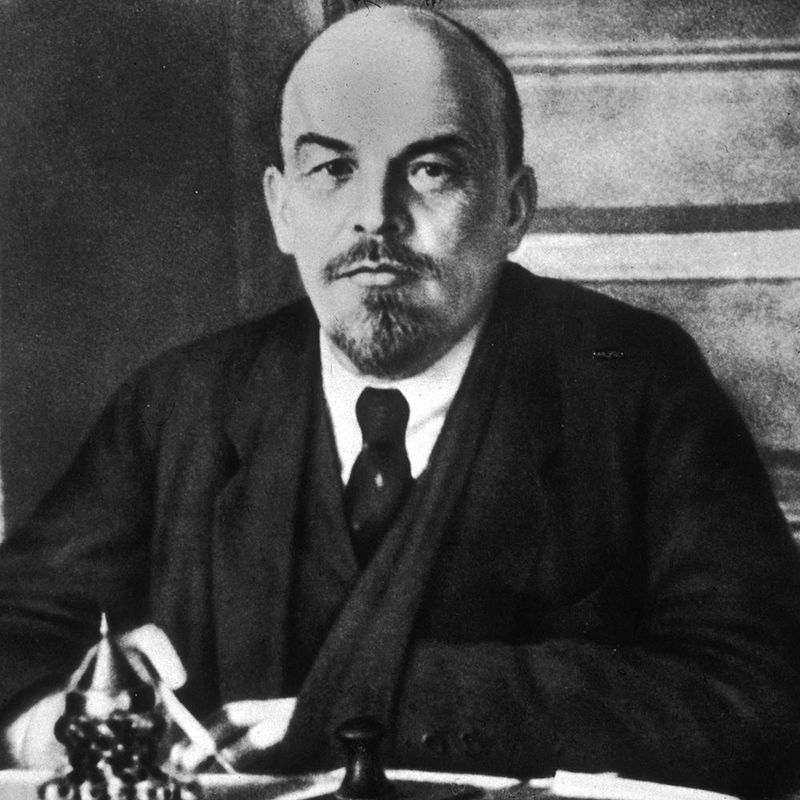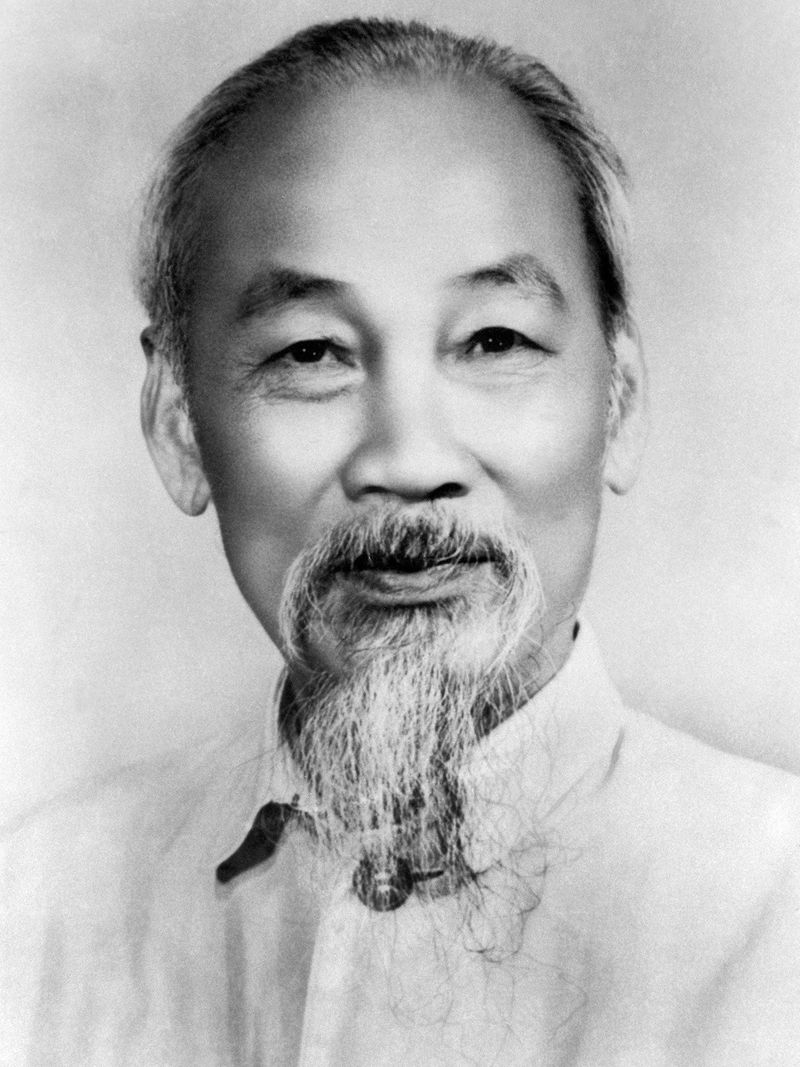History is full of figures who once stood on pedestals, admired and celebrated for their contributions, leadership, or charisma.
However, as our understanding of history evolves, many of these figures are now viewed in a different light, more complex, and often controversial.
In this blog post, we explore 24 historical figures who have shifted from celebrated icons to subjects of debate and criticism.
Through this exploration, we aim to offer a balanced perspective on their legacies, highlighting the reasons for their initial admiration and the causes of contemporary controversy.
1. Christopher Columbus
Christopher Columbus, once hailed as the intrepid explorer who “discovered” America, is now a figure of controversy. Initially celebrated for his daring voyages across the Atlantic, Columbus opened the doors to European exploration and colonization of the Americas.
However, contemporary perspectives highlight the darker side of his legacy. His expeditions led to the decimation of indigenous populations through violence and disease, and initiated a brutal era of colonization.
Today, Columbus’s legacy is a subject of heated debate, raising questions about the impacts of exploration and the narratives we uphold in history.
2. Thomas Jefferson
Thomas Jefferson, the third President of the United States and author of the Declaration of Independence, is a complex figure in American history. Revered for his advocacy of liberty and democracy, Jefferson’s intellectual contributions are undeniable.
However, his legacy is marred by his status as a slave owner. Despite his public stance on freedom, Jefferson owned hundreds of slaves, a contradiction that challenges his image as a champion of liberty.
This duality in Jefferson’s life provides a nuanced view of the founding fathers and their role in shaping American ideals.
3. Winston Churchill
Winston Churchill, Britain’s stalwart leader during World War II, is widely celebrated for his defiant stand against Nazi Germany. His leadership and speeches inspired a nation under siege and earned him a lasting place in history.
However, Churchill’s legacy is also scrutinized for his views and policies on empire and race. His decisions during the Bengal famine of 1943 and his imperialist beliefs raise ethical questions today.
As a result, Churchill remains a polarizing figure, admired for his wartime leadership but critiqued for his colonialist attitudes.
4. Mahatma Gandhi
Mahatma Gandhi is revered worldwide as the father of Indian independence, known for his philosophy of non-violence and civil disobedience. His strategies significantly contributed to the end of British rule in India.
Yet, Gandhi’s legacy is not without controversy. Criticisms include his views on race during his early years in South Africa and his complex relationships with women.
Despite these issues, Gandhi’s influence on civil rights movements globally remains significant, sparking discussions on the complexities of his character and his contributions to social justice.
5. Martin Luther
Martin Luther, the seminal figure of the Protestant Reformation, is celebrated for challenging the Catholic Church’s practices and sparking religious transformation across Europe. His 95 Theses critiqued church doctrines and practices, leading to widespread reform.
However, Luther’s legacy is complicated by his later writings, particularly his antisemitic views, which have drawn significant criticism.
Today, Luther is both celebrated and critiqued, as his contributions to religious freedom are weighed against the harmful aspects of his ideology.
6. Henry Ford
Henry Ford revolutionized the automobile industry with the introduction of assembly line production, making cars affordable and accessible to the masses. This innovation had a profound impact on society, shaping the modern world.
Despite his industrial achievements, Ford’s legacy is marred by his controversial views and writings, particularly his antisemitic publications.
In modern times, discussions around Ford often balance his industrial prowess and the problematic aspects of his personal beliefs, highlighting the complexities of historical assessment.
7. Napoleon Bonaparte
Napoleon Bonaparte, the French military leader who rose to prominence during the French Revolution, is renowned for his tactical brilliance and the Napoleonic Code, which influenced legal systems worldwide.
However, his legacy is not without controversy. Napoleon’s imperial ambitions led to widespread warfare across Europe, resulting in significant loss of life and suffering.
Today, Napoleon is seen both as a strategic mastermind and an aggressive conqueror, embodying the dual nature of leadership and its impacts on history.
8. Cecil Rhodes
Cecil Rhodes, a key figure in British imperialism, played a significant role in the colonization of Southern Africa. His wealth and influence were instrumental in expanding British territories, particularly in mining.
Rhodes’ controversial legacy includes his racial policies and the exploitation of African resources and people. His vision of British supremacy has been widely criticized.
Today, Rhodes is a polarizing figure, with discussions about his impact on Africa sparking debates about colonialism and its enduring effects on the continent.
9. Mother Teresa
Mother Teresa, known for her charitable work in Kolkata, India, is celebrated as a beacon of compassion and altruism. Her establishment of the Missionaries of Charity brought aid to countless impoverished and sick individuals.
However, her legacy has faced scrutiny for the conditions in her homes and her approach to suffering and conversion. Critics argue that her methods were sometimes lacking in practical medical aid.
Despite these criticisms, Mother Teresa remains a symbol of selfless service, with ongoing debates about her methods and the influence of her work.
10. Andrew Jackson
Andrew Jackson, the seventh President of the United States, is known for his populist approach and strong leadership style, often credited with being a champion of the common man.
However, his presidency is also marked by the controversial Indian Removal Act and the Trail of Tears, leading to the forced relocation and suffering of Native American tribes.
Jackson’s legacy is a subject of intense debate, as his policies and leadership are reassessed in the context of modern values and historical justice.
11. Woodrow Wilson
Woodrow Wilson, the 28th President of the United States, is celebrated for his leadership during World War I and his efforts to establish the League of Nations, promoting international peace.
However, Wilson’s legacy is also marred by his segregationist policies and racist views, which have led to a reassessment of his impact on American civil rights.
Today, Wilson’s presidency is viewed through a dual lens of diplomatic achievements and domestic racial injustices, prompting ongoing discussions about his place in history.
12. Che Guevara
Che Guevara, the iconic revolutionary figure of the Cuban Revolution, is admired for his dedication to communist ideals and efforts to promote social equality.
However, Guevara’s legacy is also controversial due to his role in violent revolutionary activities and the implementation of harsh policies in post-revolutionary Cuba.
His image remains a symbol of rebellion and change, but debates persist about the ethical implications of his methods and the outcomes of his revolutionary actions.
13. King Leopold II
King Leopold II of Belgium is infamous for his brutal exploitation of the Congo Free State under the guise of philanthropy and development. His regime inflicted immense suffering on the Congolese people.
Leopold’s actions resulted in millions of deaths and widespread atrocities, casting a dark shadow over his reign and leading to international condemnation.
Today, Leopold’s legacy is a stark reminder of the horrors of colonial exploitation, prompting reflections on the lasting impacts of European imperialism in Africa.
14. J. Edgar Hoover
J. Edgar Hoover, the first Director of the Federal Bureau of Investigation (FBI), is recognized for his role in shaping the FBI into a powerful national institution.
However, his legacy is clouded by his controversial surveillance tactics and misuse of power, including targeting political opponents and civil rights leaders.
Hoover’s tenure remains a topic of debate as discussions continue about the balance between national security and civil liberties in modern governance.
15. Albert Speer
Albert Speer, the chief architect of Nazi Germany, is known for his close association with Adolf Hitler and his role in the construction of Nazi architecture and war machinery.
Speer’s legacy is controversial due to his involvement in the Nazi regime, yet he is often portrayed as the “good Nazi” for his post-war remorse and cooperation with Allied forces.
This duality in Speer’s historical portrayal raises questions about responsibility and redemption in the aftermath of atrocities.
16. Frida Kahlo
Frida Kahlo, the renowned Mexican artist, is celebrated for her vibrant self-portraits and exploration of identity, postcolonialism, and gender in her work.
Despite her acclaim, Kahlo’s legacy is not without controversy, with debates about the commercialization of her image and the complexities of her personal life overshadowing her artistic contributions.
Today, Kahlo remains a powerful icon of resilience and creativity, sparking ongoing discussions about the intersection of art, identity, and cultural representation.
17. Robert E. Lee
Robert E. Lee, the Confederate general during the American Civil War, is a figure of both admiration and controversy. Admired for his military prowess, Lee’s tactics are studied by military historians.
However, his role in leading the Confederate army in defense of slavery has led to significant debate and reevaluation of his legacy.
Today, Lee’s image is contentious, reflecting broader discussions on how we remember and commemorate figures from the Civil War era in the context of racial justice.
18. Marie Antoinette
Marie Antoinette, Queen of France during the French Revolution, is remembered for her opulent lifestyle and the infamous phrase, “Let them eat cake.”
Her perceived indifference to the struggles of the French populace fueled revolutionary fervor and led to her execution.
In hindsight, Marie Antoinette’s life is seen as emblematic of the excesses of the monarchy, prompting discussions about leadership, privilege, and the causes of revolutionary change
19. Enrico Fermi
Enrico Fermi, a pioneering physicist, is celebrated for his contributions to nuclear physics and the development of the first nuclear reactor. His work paved the way for both nuclear energy and atomic weapons.
Fermi’s legacy is complex, as the dual-use nature of his discoveries raises ethical considerations about the applications of science.
Today, Fermi’s contributions are acknowledged within discussions about scientific responsibility and the balance between progress and potential harm.
20. Saddam Hussein
Saddam Hussein, former President of Iraq, is a figure marked by brutality and authoritarian rule. His leadership saw the country’s involvement in multiple conflicts and severe internal repression.
Hussein’s regime was characterized by human rights abuses and the use of chemical weapons, leading to international condemnation and eventual military intervention.
Today, his rule is a stark example of the complexities of power, politics, and the international response to tyranny.
21. Richard Nixon
Richard Nixon, the 37th President of the United States, is most infamously remembered for the Watergate scandal, which led to his resignation. Despite this, he also implemented significant policies like the Environmental Protection Agency.
Nixon’s dual legacy is a study in contrasts—political achievements overshadowed by ethical breaches and scandals.
His presidency prompts ongoing discussions about leadership accountability and the long-term impacts of political actions.
22. Pablo Picasso
Pablo Picasso, a towering figure in modern art, is celebrated for his innovative approaches to form and perspective, particularly in Cubism and Surrealism.
However, Picasso’s personal life, marked by tumultuous relationships and allegations of misogyny, complicates his artistic legacy.
Today, Picasso is both revered for his artistry and critiqued for his personal behavior, illustrating the complex intersection of talent and personal ethics.
23. Vladimir Lenin
Vladimir Lenin, leader of the Bolshevik Revolution and founder of the Soviet Union, is a figure of revolutionary change and ideological zeal. His leadership reshaped Russian society and inspired Marxist movements worldwide.
Yet, Lenin’s legacy is also associated with the establishment of a one-party state and political repression, raising questions about the costs of revolutionary change.
Today, Lenin is both praised for his role in transforming Russian politics and critiqued for the authoritarian aspects of his regime.
24. Ho Chi Minh
Ho Chi Minh, the revolutionary leader of Vietnam, is revered for his role in securing Vietnam’s independence from French colonial rule.
Despite his achievements, Minh’s legacy is controversial due to the harsh methods employed during the Vietnam War, including human rights abuses and political purges.
Today, Ho Chi Minh is a symbol of national pride in Vietnam, yet his leadership methods continue to spark debate about the nature of revolutionary change.
